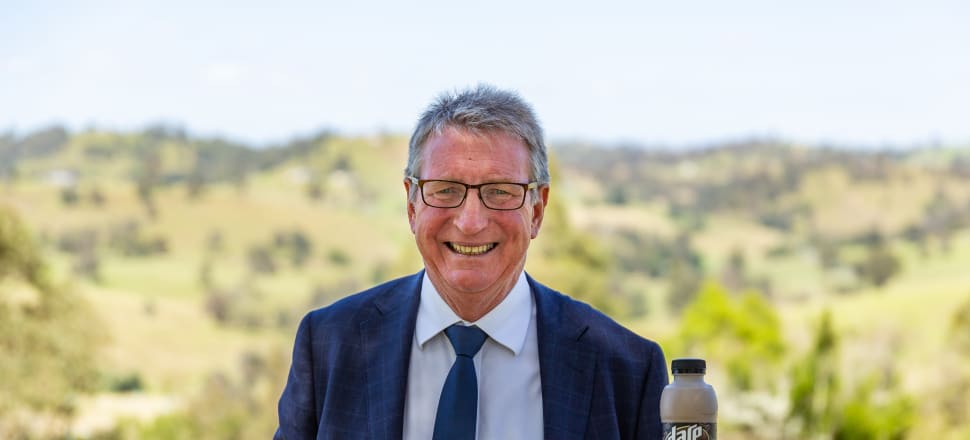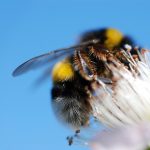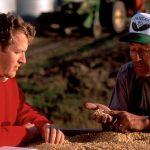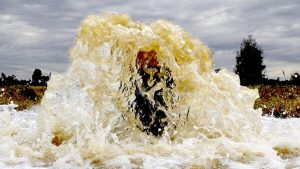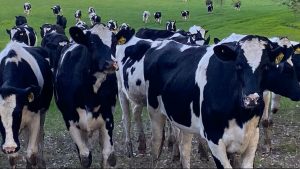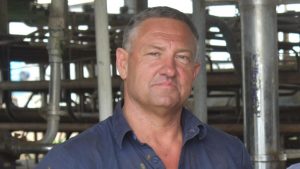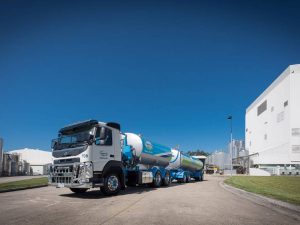
The $2 billion turnover company has reported its annual results, which included the half-billion-dollar purchase of Lion Dairy & Drinks, which has substantially increased its asset base but also impacted debt levels.
A normalised profit before income tax of $141 million was reported on sales of $2.07 billion with net debt of $324 million, up from $231 million the previous year.
Executive chairman Barry Irvin said the demand for infant formula softened during the year due to changes in the Chinese market created by shifts in customer preferences and a weakened daigou (informal) channel.
The year also saw the company conclude two potentially expensive legal actions in its favour.
The company announced a final fully franked dividend of five cents per share for 2021 taking the total dividend for the year to 10 cents per share.
With the combined capacity of factories at Tatura and Koroit, the company has become one of the world’s biggest manufacturers of lactoferrin.
Lactoferrin is a protein found in cow’s milk, particularly in colostrum, and is commonly used as an anti-bacterial agent and can act against viruses and fungus.
During the year Bega Cheese was given notice that its infant formula partner, Reckitt, wanted to withdraw from its arrangements with Bega at the Tatura Milk factory, where it had purchased a spray drier.
Bega has received compensation of $14 million for Reckitt withdrawing from the Tatura and Derrimut factories, with a further $41 million still to be paid.
Chief executive officer Paul van Heerwaarden said farm milk production around Australia only grew by 0.6 per cent during the year with strong competition for supply.
He noted the competitive market and milk supply pressures remained strong.
The company lost milk supply due to the end of the two-year Koroit supply guarantee with Saputo, strong competition and supplier exits due to retirements and alternative land use.
With the acquisition of Lion Dairy & Drinks, Bega Cheese now has fruit supply arrangements with growers who supplied more than 37,000 tonnes of oranges, apples and pears.
Remuneration for the executive chairman and CEO almost doubled for 2021, reflecting the company’s increase in size due to acquisitions.
Mr Irvin was paid a total of $1,067,000, up from $535,0000 and Mr van Heerwaarden a total of $1,597,000, up from $857,000 — both including base salaries, incentive payments and superannuation.
Remuneration committee chairman Terry O’Brien said the new levels were between 25 and 50 per cent of a comparable group.
Directors fees were $94,000.
